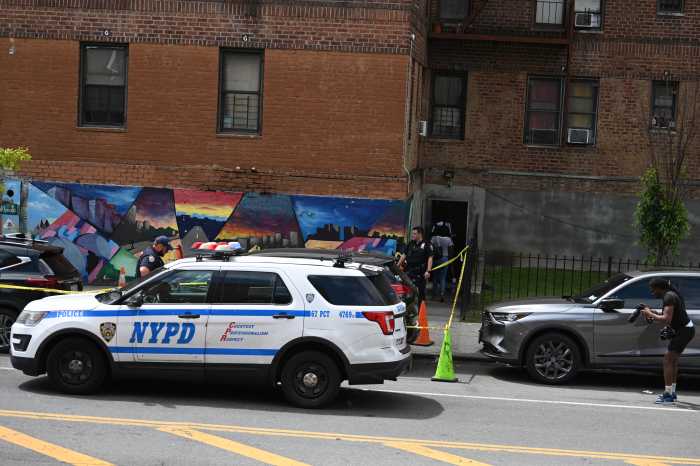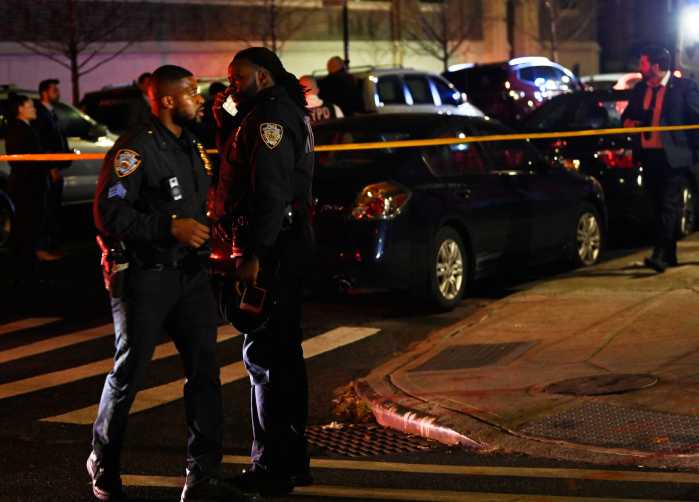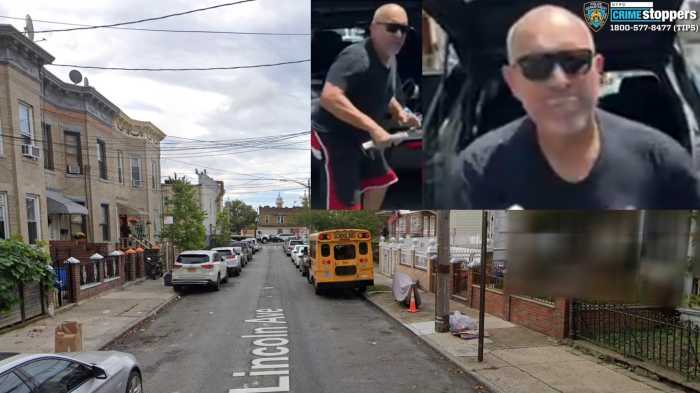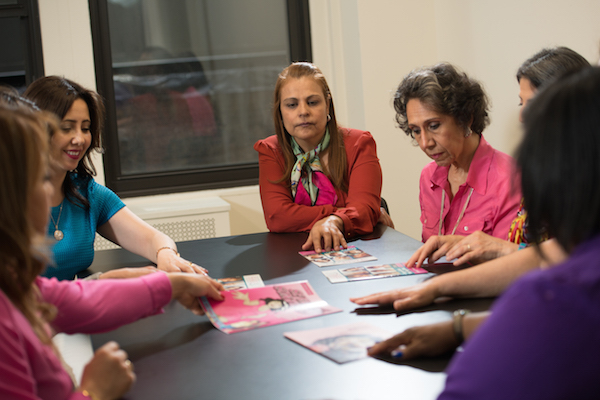
BY EILEEN STUKANE | When the calendar turns to October, the month designated for Breast Cancer Awareness, women often remind themselves to get checkups or mammograms — but for many women who are already diagnosed with breast cancer, awareness comes from learning what others have experienced, and finding their own paths of survival. That’s where SHARE Cancer Support, a unique self-help organization for women with breast or ovarian cancers, shines through.
In its 40th year, SHARE continues to be rooted in the philosophy of Dr. Eugene Thiessen, who believed that women benefit from each other’s support. A physician who specialized in treating breast cancer, Thiessen invited a group of 12 women to share their experiences in 1976.
From this core, SHARE grew into what it is today — a mostly volunteer, survivor-led organization currently headquartered on W. 46th St. that now serves an estimated 50,000 women a year through its many free support groups, educational programs, webinars, and, most significantly, its toll-free, English/Spanish National Helpline: 844-ASK-SHARE (or 844-275-7427). Every woman who calls SHARE hears a “hello” from a woman who personally survived a diagnosis and treatment for breast cancer (in 1995, SHARE expanded its support services to include women diagnosed with ovarian cancer; its toll-free Ovarian Cancer Helpline is 866-537-4273).
It would be wonderful if the need for support were not so great, but the American Cancer Society estimates that in 2015 there were 231,840 new cases of invasive breast cancer and 60,000 in situ cases, totaling almost 300,000 women being newly diagnosed with breast cancer in a year where 40,290 women also died from the disease. Breast cancer remains the second leading cause of cancer death in women, the first being lung cancer.
GETTING CONNECTED FOR SUPPORT | “Cancer is isolating,” says Jacey Powers, a 28-year-old Chelsea resident, writer/actor and breast cancer survivor who volunteers a number of her Saturday mornings to speak with young women who call to talk about their situations and to hear how she handled her diagnosis and treatment. “I have an amazing support system of incredible friends,” she adds, “but it’s hard to find other people who are going through the same thing you are experiencing.”
Powers became acquainted with SHARE when her hospital’s patient navigator, the health aide who counseled her about her breast cancer treatment, told her about it, as she was also a SHARE volunteer. Most volunteers were initially newly diagnosed women who reached out to SHARE when they were trying to cope with difficult decisions involving surgery, chemotherapy, fertility, their futures and their families. After they worked through decision after decision, and survived, they wanted to give back by becoming volunteers themselves. SHARE trains women who have received help, as to how to help others.
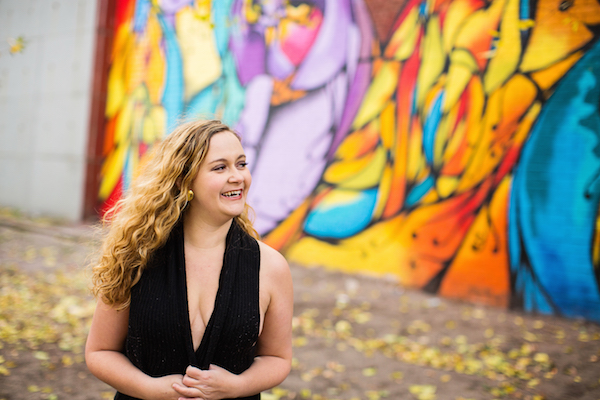
Through the SHARE Helpline, women are linked with peers, so Powers receives calls from women who are younger, in their 20s, 30s, and 40s, recently diagnosed with the invasive ductal carcinoma that she conquered. She is also a success story in the use of Penguin Cold Caps, (penguincoldcaps.com/us), head gear designed to prevent hair loss when worn during chemotherapy. More common in Europe and Canada, cold caps are not in widespread use in the United States. “I used cold caps three years ago and I didn’t lose my hair,” says Powers.
“However, they’re painful and expensive. The caps are frozen to 30 degrees below zero in dry ice and you have to change them every 20 minutes for eight hours on the day of your infusion. I would bring a group of my friends to the hospital with me and they learned how to do this. I’m one of the very few volunteers who has experience with this technology” (to see Jacey Powers take on breast cancer with humor, visit thattimeihadcancer.com).
Aside from patient navigators in hospitals, women find their way to SHARE through their doctors, the Internet, and other women in their circles. In the mid-’90s Chelsea resident Roberta Gelb, concerned for a close friend who had been diagnosed with breast cancer, read about a study in which patients being treated for early stages of the skin cancer melanoma had a better survival rate if they participated in weekly support group sessions. Gelb encouraged her friend to join a SHARE support group, and she joined one too, for “Friends and Family.” More recent studies have offered mixed results about whether involvement in a cancer support group can improve survival, but they all conclude that joining a support group improves quality of life.
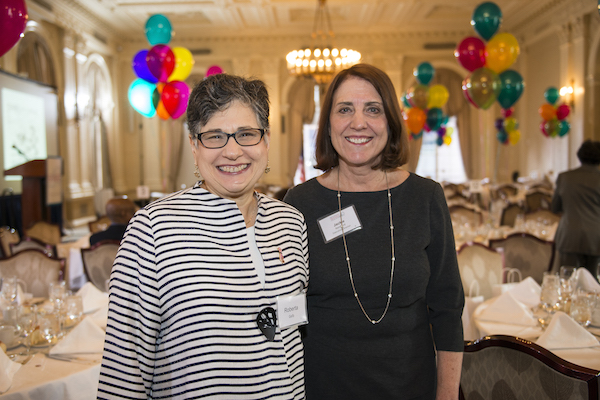
In one of life’s ironies, however, Gelb herself was diagnosed with breast cancer in 1997, at age 47. “I joined the ‘newly diagnosed’ support group, and the young gal who was facilitating told the story of how she was diagnosed at age 27,” says Gelb, “and I thought, ‘If she can deal with this at 27, I can deal with this at 47.’” Gelb’s husband also joined a support group of other men. “Being able to talk to other men was so important to him,” she says. “As the patient you have enough of your own fear. I did not want to hear him say he was worried about me dying. He needed a place to go to say, ‘I’m afraid of this,’ and to talk about it.”
Today Gelb, president of a computer consulting practice, is 19 years past her Stage 1 diagnosis, but still involved in SHARE. As a member of the National Breast Cancer Coalition, SHARE participates on various boards, and sends representatives, such as Gelb, who participated in SHARE’s Project Lead, to cancer conferences. Gelb is also SHARE’s representative to the New York State Breast Cancer Support and Education Network. “SHARE is an incredible organization, and the women who are there; it’s my soul,” she says.
“SHARE has, I think, 35 support groups throughout the five boroughs,” says Beth Kling, SHARE’s Communications Director. The organization does outreach presentations and provides materials to underserved communities. Calls come into the helpline from women in all 50 states. A feeling of aloneness can be lifted in conversation with a helpline peer, or in a support group for Lymphedema, or Ductal Carcinoma In Situ (DCIS), or caregivers, among others. Aside from attending on-site support groups, women can also participate in telephone and videoconference groups. A calendar of meetings is posted on SHARE’s website, and, of course, a call to the helpline can offer information.
ATTENTION TO METASTATIC BREAST CANCER | A Stage IV breast cancer indicates that the disease has spread to lymph nodes and other parts of the body beyond the breast, and is now a metastatic breast cancer. During October, being aware of breast cancer, usually means focusing on prevention and treating early-stage breast cancer. SHARE wants women with metastatic disease to know that they are working to bring just as much attention to their issues.
“If you look at the statistics, the mortality rates, the numbers of those who die of breast cancer every year have not declined significantly in the last 20 years,” says Christine Benjamin, SHARE’s Breast Cancer Program Director, and initially its Metastatic Breast Cancer Coordinator. “There’s a whole new movement, a lot of focus now on research for metastatic disease. People are looking at this and saying, ‘Nothing has really changed. We’re still dying. Our sisters are dying. Our friends are dying. We need to do something.’ So there’s a big movement to have more money funneled into metastatic breast cancer.” According to recent medical estimates, about 155,000 women (and some men) are living with metastatic breast cancer in the United States.
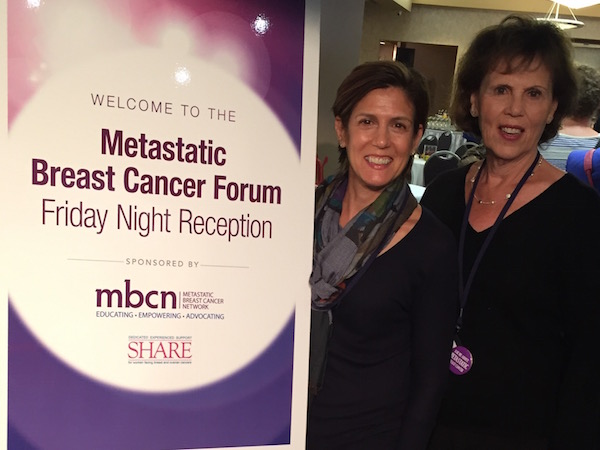
Benjamin explains that SHARE has increased its offerings for women with metastatic breast cancer and now has 11 telephone support group sessions and two in-person support sessions a month. The organization has also scheduled a special webinar for Thurs., Oct. 13, designated as Metastatic Breast Cancer Awareness Day. A video collection of the stories of six women, “Holding Our Own: Our Lives with Metastatic Breast Cancer,” which highlights lifestyle, decisions, and personal courage, is available for viewing on the SHARE website at at sharecancersupport.org/holding-our-own-videos/.
“In many ways SHARE is a very special kind of an organization,” says Kling. “It’s close-knit, a very personal kind of organization. There are many people, many women, who become part of the community and see it as part of their family. You can get all kinds of support. You’re never alone.”
SHARE’s toll-free helplines are: for Breast Cancer (English & Spanish), 844-275-7427; for Ovarian Cancer, 866-537-4273 (Espanol; Seno y Ovario, 212-719-4454); for caregivers, 844-275-7427. For more info, visit sharecancersupport.org.
Eileen Stukane is a frequent contributor to Chelsea Now. She is co-author of “The Complete Book of Breast Care” (available at amazon.com). Her ebook memoir, “Running on Two Different Tracks,” published by Shebooks, is available at amzn.to/1PqZens.



